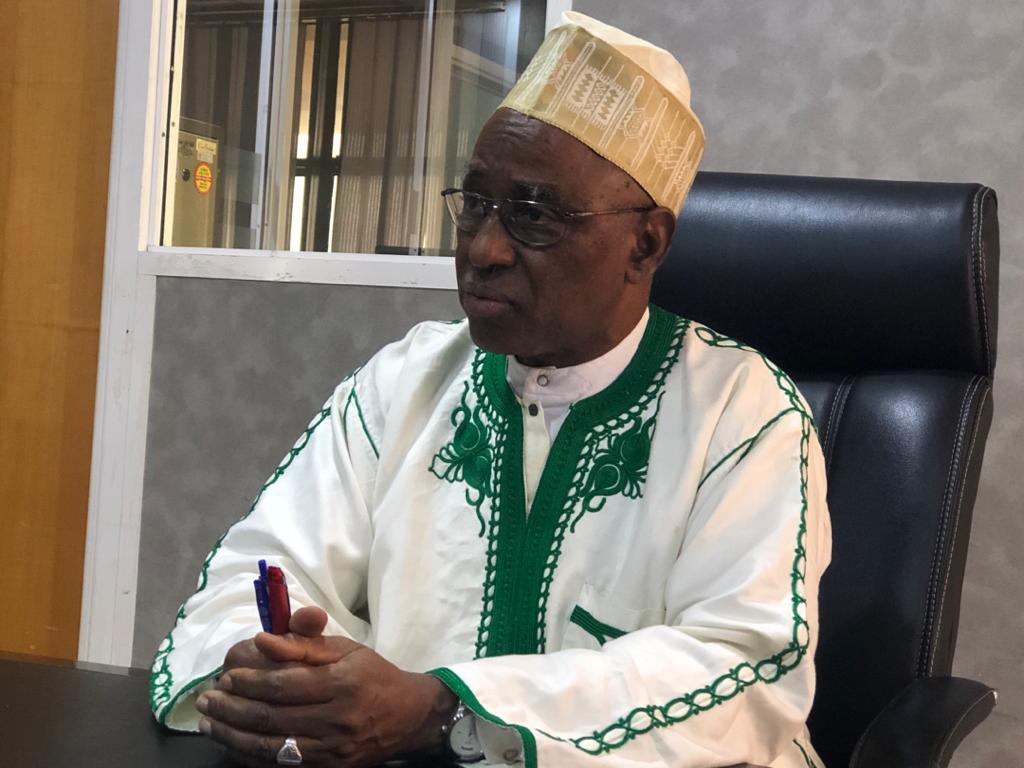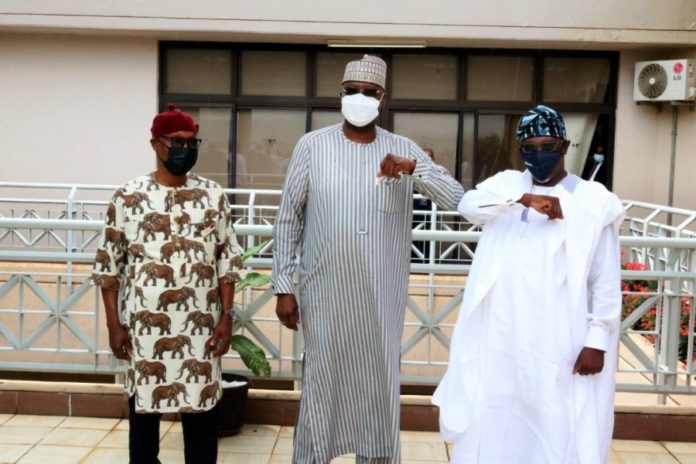Outrage as Lebanese advertises Nigerian woman for sale on Facebook
The federal government says the COVID-19 pandemic impacted diaspora remittances into Nigeria as it witnessed a 20 percent reduction from the $25 billion annual inflows.
Abike Dabiri-Erewa, chairman/chief executive officer of the Nigerians in the Diaspora Commission (NIDCOM), stated this during a press briefing in Abuja on Thursday ahead of the 2021 Diaspora Day celebration scheduled for July 25.
In May, the World Bank said Nigeria’s diaspora remittance flows declined by 27.7 percent in 2020 – pushing remittances in Sub Saharan Africa (SSA) down by 12.5 percent.
Dabiri-Erewa noted that about 17 million Nigerians live outside the nation’s sovereign boundaries, adding that the home remittances ($25 billion annually) account for over 83 percent of the national budget and 6.1 percent of the country’s gross domestic product.
Advertisement
She explained that the remittances serve as economic buffers and safety nets to families for school fees, feeding, hospital bills and many other social support systems.
The NIDCOM boss said 30 percent of diaspora remittances are channelled into investments, including real estate and commercial businesses.
She said the government is coming up with different programmes on diaspora remittances.
Advertisement
“Remittances actually go to support families, but we are having targeted programmes from the diaspora, particularly housing which would be unveiled that day,” she added.
The 2021 edition of National Diaspora Day, ‘Diaspora integration for national peace and development,’ will be held virtually due to the COVID-19 pandemic.
It would anchor on peace to accelerate diaspora engagement for national growth and development.
She further said Muhammadu Buhari, Amina Mohammed, United Nations deputy secretary-general, Ngozi Okonjo-Iweala, World Trade Organisation director-general, are among the dignitaries slated to speak at the event.
Advertisement
1 comments







No, they have not reduced, they have just moved to the black market. Look at the numbers you will see that remittances through the black market has increased.